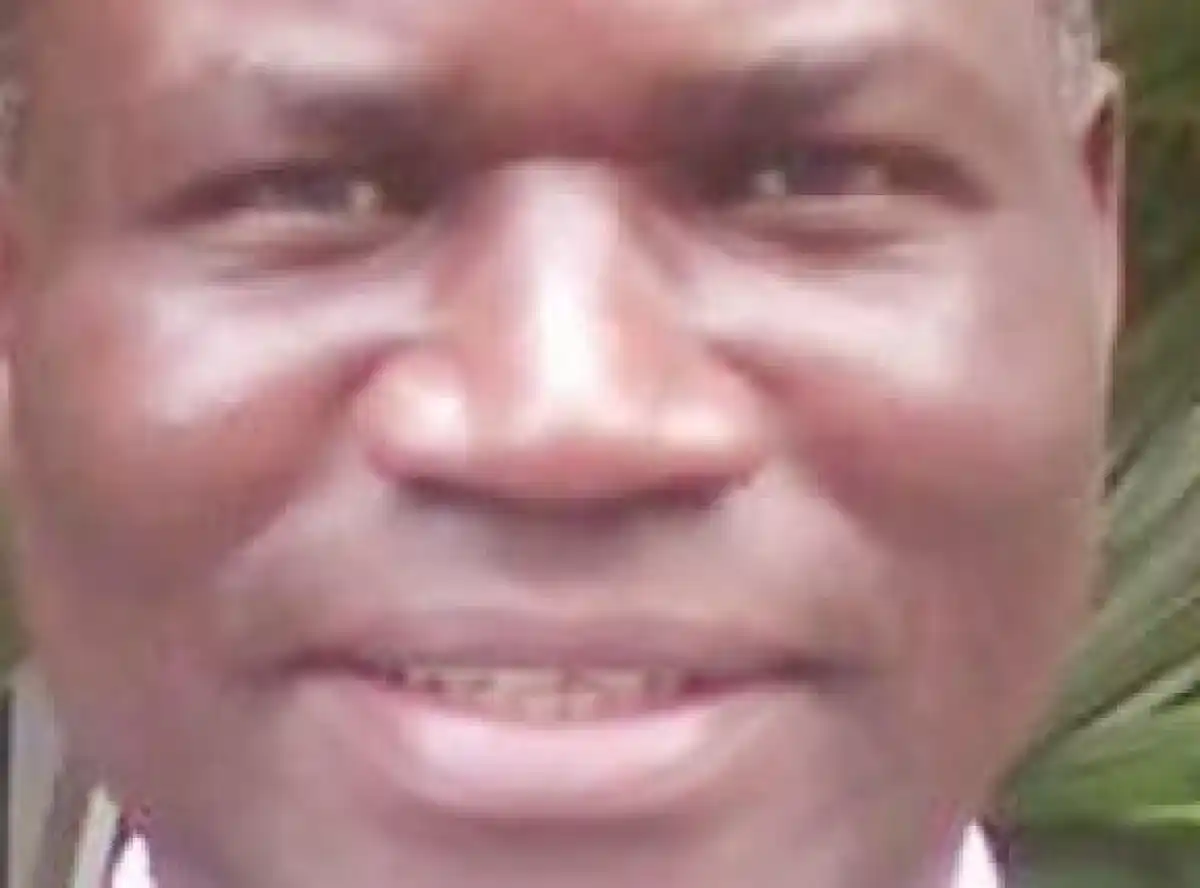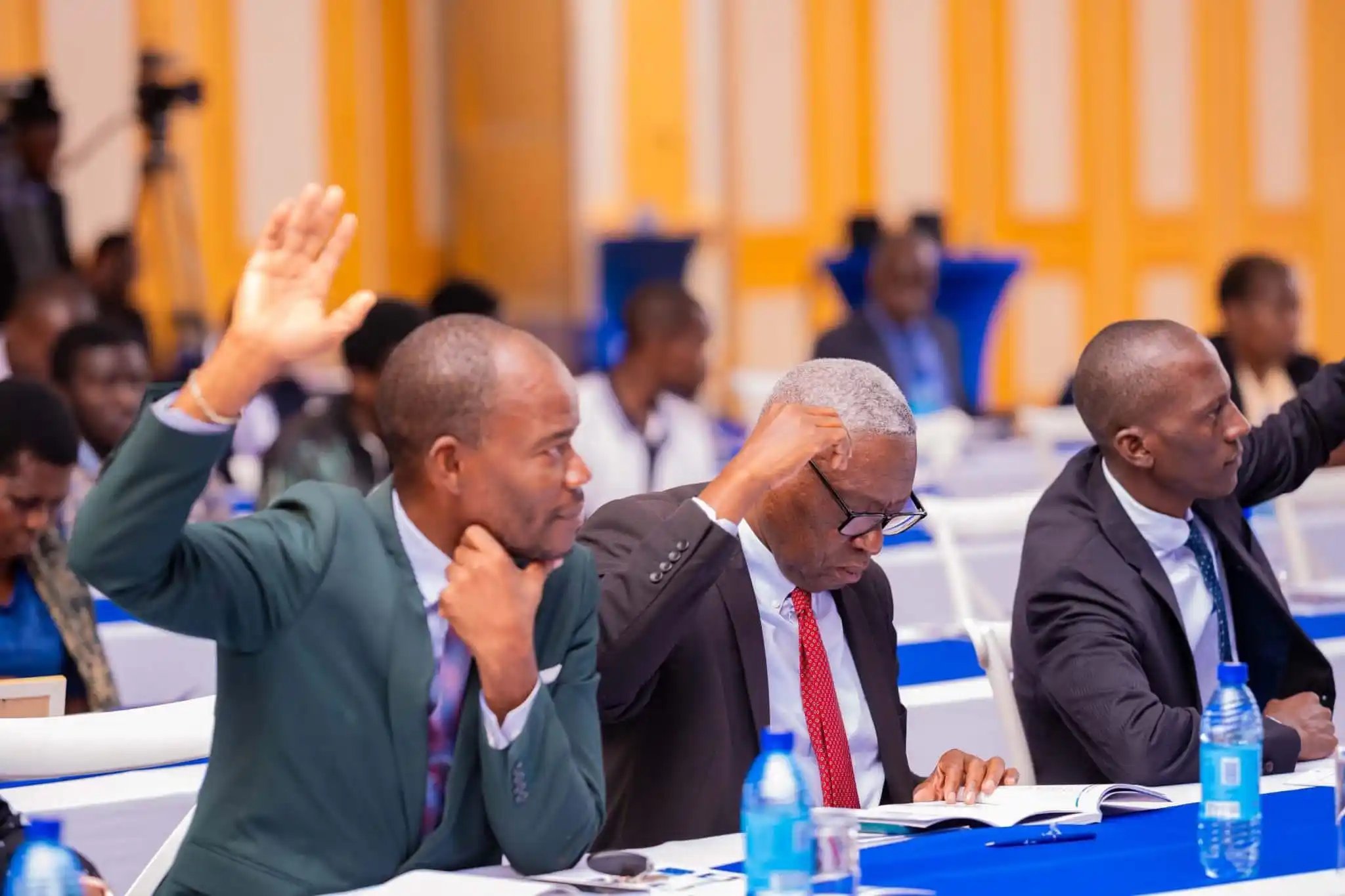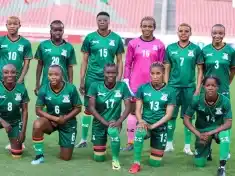
Today, Malawi is celebrating 60 years of independence and if it were a civil servant, this would have heralded retirement.
However, unlike in previous years when the day was observed with celebratory activities, today’s occasion is toned-down.
President Lazarus Chakwera directed that there would be no celebrations following the death of Vice-President Saulos Klaus Chilima and eight others in a military plane crash in Mzimba on June 10 2024.
Instead, there will be national prayers as Malawians continue to mourn the departed souls.
This year‘s independence day anniversary also comes 30 years after the country attained multi-party democracy.

But as the country commemorates six decades of independence, the economy is fragile and there are high poverty levels and reliance on donor aid, among others.
Former President Bakili Muluzi, who ruled the country between 1994 and 2004, feels, there have been episodes of steps forward though they have been interrupted by missed opportunities.
In an interview on Thursday, the country’s second president said the fact that Malawi has gone through phases from colonialism to date, is an achievement on its own.
“It is something that makes me, personally, proud that we have been able to reach this far. However, I feel there is still much that can be done. For instance, when we read newspapers we are still told of high poverty levels.
“I think, as government, something has to be done to ensure that the resources that are budgeted for annually truly target to the ultra-poor citizens, especially in rural areas.
“This is because that is where we need more development projects in terms of schools, roads and potable water for the people. There are still areas that do not have such basic necessities, so in these 60 years I wish we did better than what we have done,” said Muluzi.
Veteran politicians Henry Chimunthu Banda and Ziliro Chibambo also feel while the country stands proud to have turned 60 years of self-rule, failures and successes overshadow each other.
“The question would be: have we reaped anything from the independence we achieved in 1964? Has it given us the fruits that our forefathers fought for? This is highly debatable,” said Chimunthu Banda.
One of the failures, according to the former speaker of Parliament and Cabinet minister, is the issue of tribalism and corruption.
“There was a time when tribalism was almost forgotten but it is sad that over time matters of tribalism, although they are being swept under the carpet, are a reality. When you look at how certain appointments are done, and the voting pattern, they show elements of people embracing a candidate based on tribal affiliation.
‘‘It is something we shouldn’t be promoting under democracy. Corruption too, has gone on almost through the entire period and is denying citizens full enjoyment of democracy,” he said.
Chibambo concurred with Chimunthu Banda on graft saying the country’s biggest problem is corruption “which is rampant in every sphere of life and is the biggest cancer of our country.”
He also observed that there is too much freedom that people are abusing it in the name of rights.
“However, we have not been able to fulfil several things to change the lives of Malawians for the better. In the 60 years we have gone so many steps backward instead of going forward and see the lives of our people improving,” said the former diplomat and Cabinet minister.
But political scientist Boniface Dulani said politics and politicians have largely failed to deliver on people’s expectations.
He said the country needs brave and visionary leaders willing to sacrifice political expediency for the greater long-term good of the majority.
“The country needs leaders who are willing to make difficult decisions that might cause short-term pain for the long-term good of the country.’’
Lamented Dulani: “The fact that we remain one of the poorest countries in the world, especially having experienced no civil strife or wars, is an embarrassment to us all. This also reflects poorly on our choice of leaders, who have failed to come up with workable solutions and strategies to address the country’s development challenges over the past 60 years.”
He said although Malawians remain steadfast in their commitment to democracy, as illustrated by public opinion surveys, increasingly, many express dissatisfaction with the quality of democracy on offer which if left unchecked could result in agitation for authoritarianism.
However, Dulani described the transition to democracy in 1993-94 as one of the major achievements for the country.
He said while there have been major challenges along the way, the country’s democracy has proven resilient and lasting.
“The third term bid by Bakili Muluzi, Bingu [wa Mutharika’s] authoritarian turn from 2009 to 2012, Cashgate, the flawed elections of 2019, have tested Malawi’s democracy but it remains standing.
“Civil society has played its part in nurturing and safeguarding this democratic journey to date. Voters have also played their part, proving time and time again that they will use the ballot to kick out underperforming leaders be it at parliamentary and even at the presidential level. These are achievements worth celebrating,” said Dulani.
But on his part, Master Dicks Mfune, a peace and security studies specialist observed that during the 60 years of independence, the country has scored some points.
“Politically, we have matured because we are able to forgive, forget and reconcile. The putting in place of governance institutions such as the Office of the Ombudsman and the Malawi Human Rights Commission, the rule of law where a sitting vice-president can be arrested and prosecuted are other high points,” said Mfune.
He, however, bemoaned the political violence especially during political campaigns which, he said, were negatively impacting the country’s score on Global Peace Index which continues to slide backwards.
During the period, Malawi has had six presidents in Kamuzu Banda (1964-1994), Muluzi, Bingu wa Mutharika (2004-2012), Joyce Banda (2012-2014), Peter Mutharika from 2014 to 2020 and the current president who took over in 2020.
Banda refused to comment when contacted on Thursday while Mutharika did not pick up his phone. Government spokesperson Moses Kunkuyu did not respond to our questionnaire sent to him on WhatsApp yesterday. .







0 Comments